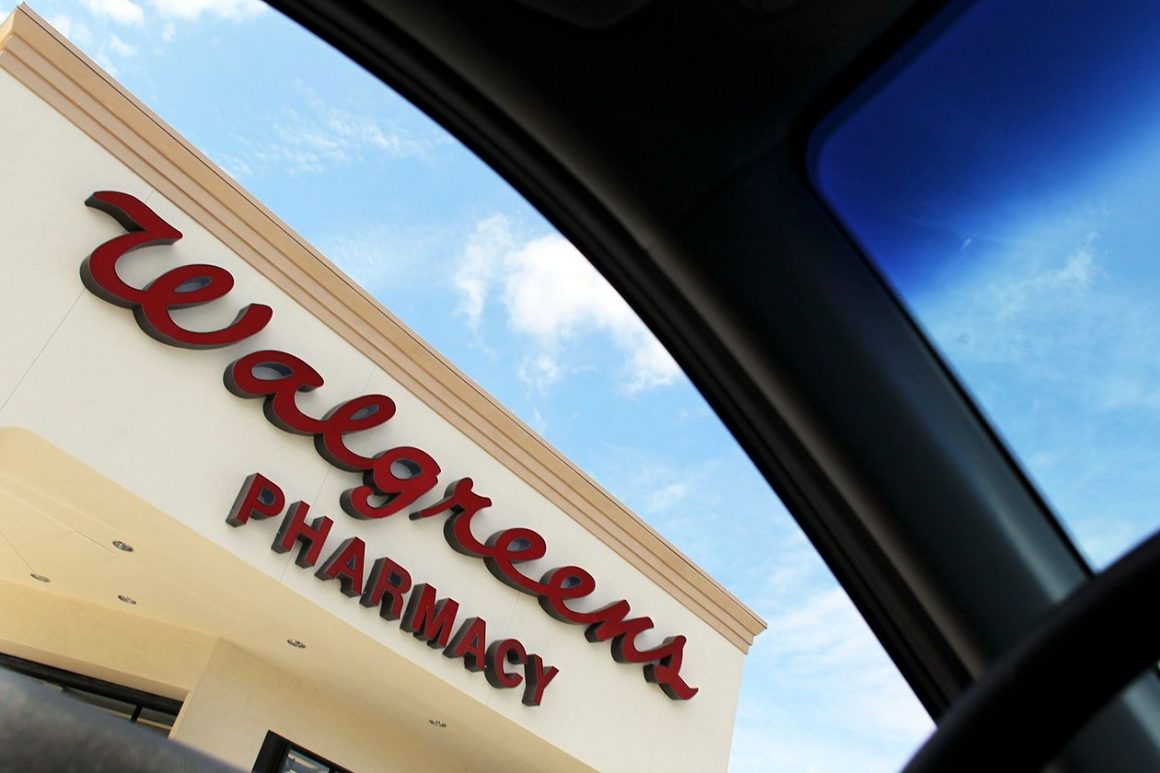A leveraged buyout of Walgreens Boots Alliance could be done because of the availability of cheap financing, the company’s strong earnings power, and the possible participation by Berkshire Hathaway, according to Bill Smead, who runs the Smead Value fund, a Walgreens holder.
“The smartest thing to do now is to borrow money and exchange it for assets,” Smead says.
Investors are coming around to that view lately as shares of companies like Bristol-Myers Squibb (ticker: BMY) and AbbVie (ABBV) rally amid greater enthusiasm for their pending acquisitions of Celgene (CELG) and Allergan (AGN), respectively. Both deals, which initially were greeted poorly on Wall Street, make liberal use of borrowed money. AbbVie reportedly is seeing strong demand Tuesday for what could be $30 billion of new debt for the Allergan deal.
Walgreens shares (WBA) are up 0.45% at $62.53 Tuesday after gaining almost $3, or 5%, Monday on reports that KKR (KKR) has formally approached Walgreens, which now has a market value of $56 billion, about a deal to take the big drugstore chain private. Smead thinks a fair price for Walgreen would be $75 or $80 a share, or about $70 billion.
“Walgreens has been one of the most reliable businesses in the U.S. for the past 50 years,” Smead says. “It’s a massive generator of cash flow that pays out a meaningful dividend and buys back a lot of stock.” The company has a nearly 3% dividend and bought back about 7% of its shares in its fiscal year ended in August.
The stock, though, has been out of favor this year amid investor concerns about a flattening in earnings, investment spending, and a potential disruption of the traditional pharmacy business by Amazon.com (AMZN). While higher lately on the buyout speculation, Walgreen shares are well below their 52-week high of $86 set last December.
Barron’s wrote Monday that an LBO of Walgreens could be tough to pull off, given the size of deal—which would be the largest LBO ever—and the need for a significant amount of equity to finance it.
Smead argues that a deal is doable. He notes that Walgreens CEO Stefano Pessina owns a 16% stake and presumably would roll it into the LBO, meaning that KKR wouldn’t have to finance that portion of the deal. In addition, Walgreens owns a stake in AmerisourceBergen (ABC), the drug distributor, worth about $5 billion, which it could liquidate.
If a deal is done at $70 billion, KKR could raise $35 billion in debt, resulting in a total net debt of Walgreens of around $50 billion, or a manageable six times annual earnings before interest, taxes, depreciation, and amortization, or Ebitda. Rival CVS Health (CVS) has a debt to Ebitda ratio of around four.
Given the Pessina stake, KKR would have to raise nearly $25 billion of equity in this scenario, which could be reduced if the AmerisourceBergen interest is sold.
That still would mean a sizable equity investment by KKR. Smead suggests that Berkshire Hathaway (BRKA) could participate in the deal, just the way it teamed with Brazilian investment firm 3G Capital in the 2013 purchase of Heinz and subsequent merger with Kraft to form Kraft Heinz (KHC).
Barron’s has argued that Walgreens would be an ideal acquisition target for Berkshire as CEO Warren Buffett searches for what he called “an elephant-sized acquisition” using Berkshire’s cash hoard of $128 billion.
Berkshire, which declined to comment, could swallow Walgreens whole but also could contribute, say, $10 billion, of equity, either common or preferred stock, to a KKR-led deal. It also could buy the AmerisourceBergen stake held by Walgreens. Walgreens and KKR had no immediate comment.
Berkshire earlier this year bought $10 billion of preferred stock from Occidental Petroleum (OXY) to finance its controversial $57 billion deal to buy Anadarko Petroleum. Walgreens is the kind of enterprise that likely appeals to Buffett given its entrenched position in the pharmacy business and its low valuation in a record stock market. Buffett would have to overcome his aversion to the private-equity business to participate in a Walgreens LBO.
Even with the LBO speculation, Walgreens now trades for just 11 times projected earnings in its current fiscal year ending August 2020, making it one of the cheapest stocks in the Dow Jones Industrial Average. The market multiple is around 18.
An LBO price of $70 or less, however, could arouse shareholder opposition, especially if Pessina is rolling his stake into the private company. In such a scenario, investors could argue that Walgreens is temporarily out of favor and that a buyout undervalues the company.
In a client note Tuesday, J.P. Morgan analyst Lisa Gill wrote that an LBO could be valued at up to about $75 a share and earn a potential 15% annual internal rate of return to KKR—which she considers the minimum targeted return that a private-equity firm would require for such a deal.
She wrote that in going private, Walgreen would be able to “pursue current initiatives outside of the eye of public shareholders.” However, a deal would likely “limit the company’s financial flexibility, as there would be less free cash available to invest in the business.” Given the challenges in the pharmacy business, a highly leveraged Walgreens could be at a disadvantage relative to CVS and others.
Walgreens’ board could determine that the best course is to pursue the company’s current course, avoid the financial dislocations of an LBO, return cash to shareholders, and await a potential revaluation of the stock.
Write to Andrew Bary at andrew.bary@barrons.com


Leave a Reply